Donepezil Does Not Improve Cancer-Related Cognitive Impairment in Breast Cancer Survivors
Donepezil administered to survivors of breast cancer with cancer-related cognitive impairment did not improve memory or other measures of cognitive function after 24 weeks compared to a placebo group, according to research from the ASCO 2023 Annual Meeting.
Participants in the phase 3, prospective, randomized, double-blind, placebo controlled REMEMBER trial who received donepezil 1-5 years after chemotherapy “did not perform differently at the end of treatment on tests of memory or other cognitive functions than survivors randomized to placebo.”
Researchers evaluated 276 patients with breast cancer history and four cycles or more of chemotherapy between 1 year and 5 years before enrollment. The participants all had Hopkins Verbal Learning Test-Revised (HVLT-R) confirmed memory deficits and self-reported cancer-related cognitive impairment.
Over 24 weeks, the patients received donepezil, which consisted of 5 mg per day for the first 6 weeks before titrating to 10 mg per day for 18 weeks, or a placebo.
The researchers performed baseline assessments of memory, attention, executive function, verbal fluency, and processing speed. The assessments were performed again at 12 weeks, 24 weeks, and during washout at 36 weeks. Treatment differences regarding memory were evaluated as a primary outcome, while treatment differences in cognitive domains were evaluated as secondary outcomes.
The researchers found no significant differences in memory at 24 weeks in either group as measured by HVLT-R score (25.98 vs. 26.5; P = .32). The researchers also did not find a significant difference in either group regarding attention, executive function, verbal fluency, or processing speed at 12 weeks, 24 weeks, or 36 weeks. There were 25 grade 3 or grade 4 adverse events in the study, but no differences between severe adverse events in either group.
“Exploratory analyses additionally adjusting for education, baseline fatigue and depression as well as independent analyses considering treatment interaction with endocrine therapy and menopausal status also did not result in any differences by group for any outcomes.” wrote Steve R. Rapp, PhD, of Wake Forest University School of Medicine, North Carolina.
--
References:
Disclosures: Some authors declared financial ties to drugmakers. See full study for details.
Photo Credit: Getty Images.
By Jeff Craven, MD /alert Contributor
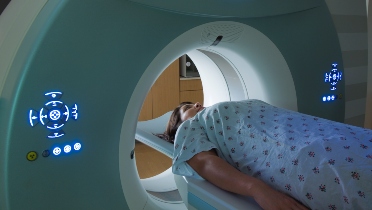





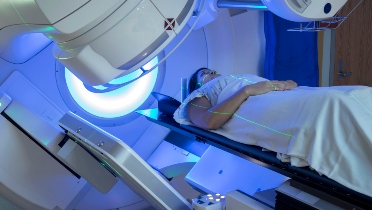
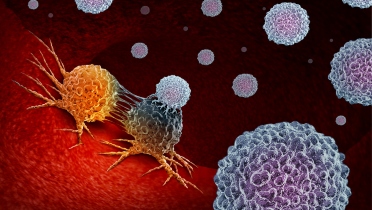



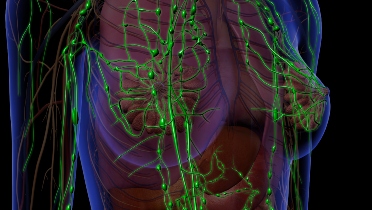



.jpg)

.jpg)
.jpg)
.jpg)
.jpg)

.jpg)
.jpg)
.jpg)
.jpg)
.jpg)
.jpg)
.jpg)
.jpg)

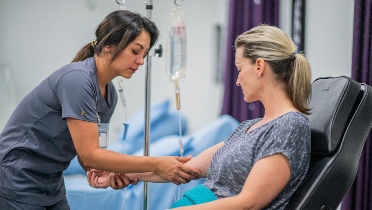
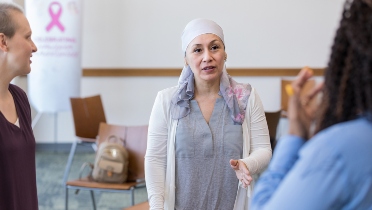
.jpg)
.jpg)
.jpg)
.jpg)

.jpg)
.jpg)
.jpg)
.jpg)
.jpg)
.jpg)
.jpg)

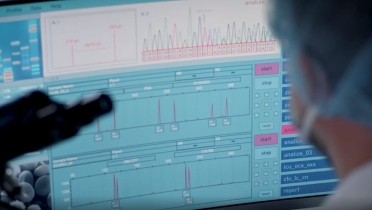
.jpg)
.jpg)
.jpg)
.jpg)
.jpg)
.jpg)
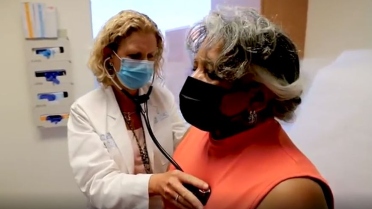
.jpg)
.jpg)
.jpg)
.jpg)


.jpg)

.jpg)




.jpg)
.jpg)
.jpg)


.jpg)

.jpg)
.jpg)
.jpg)
.jpg)
.jpg)
.jpg)
.jpg)
.jpg)
.jpg)
.jpg)
.jpg)
.jpg)
.jpg)
.jpg)
.jpg)

_.jpg)

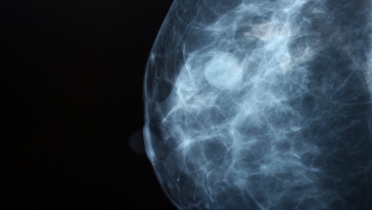
.jpg)
.jpg)
.jpg)

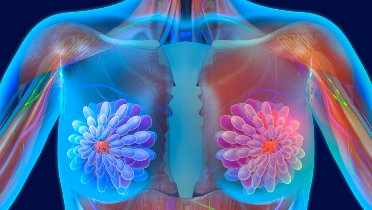
.jpg)
.jpg)
.jpg)
.jpg)
.jpg)
.jpg)
.jpg)

.jpg)
.jpg)
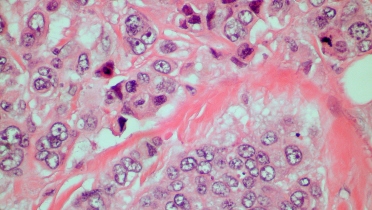
.jpg)
.jpg)
.jpg)
.jpg)

.jpg)
.jpg)
.jpg)
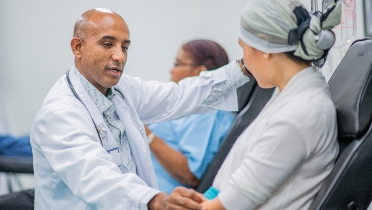

.jpg)

.jpg)
.jpg)
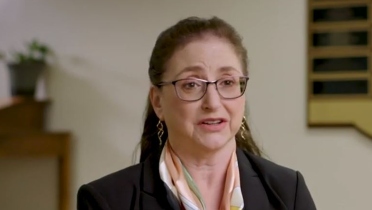
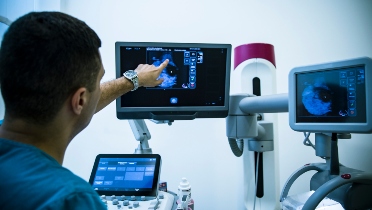
.jpg)
.jpg)
.jpg)
 Featured Breast Cancer Videos
Featured Breast Cancer Videos.jpg)